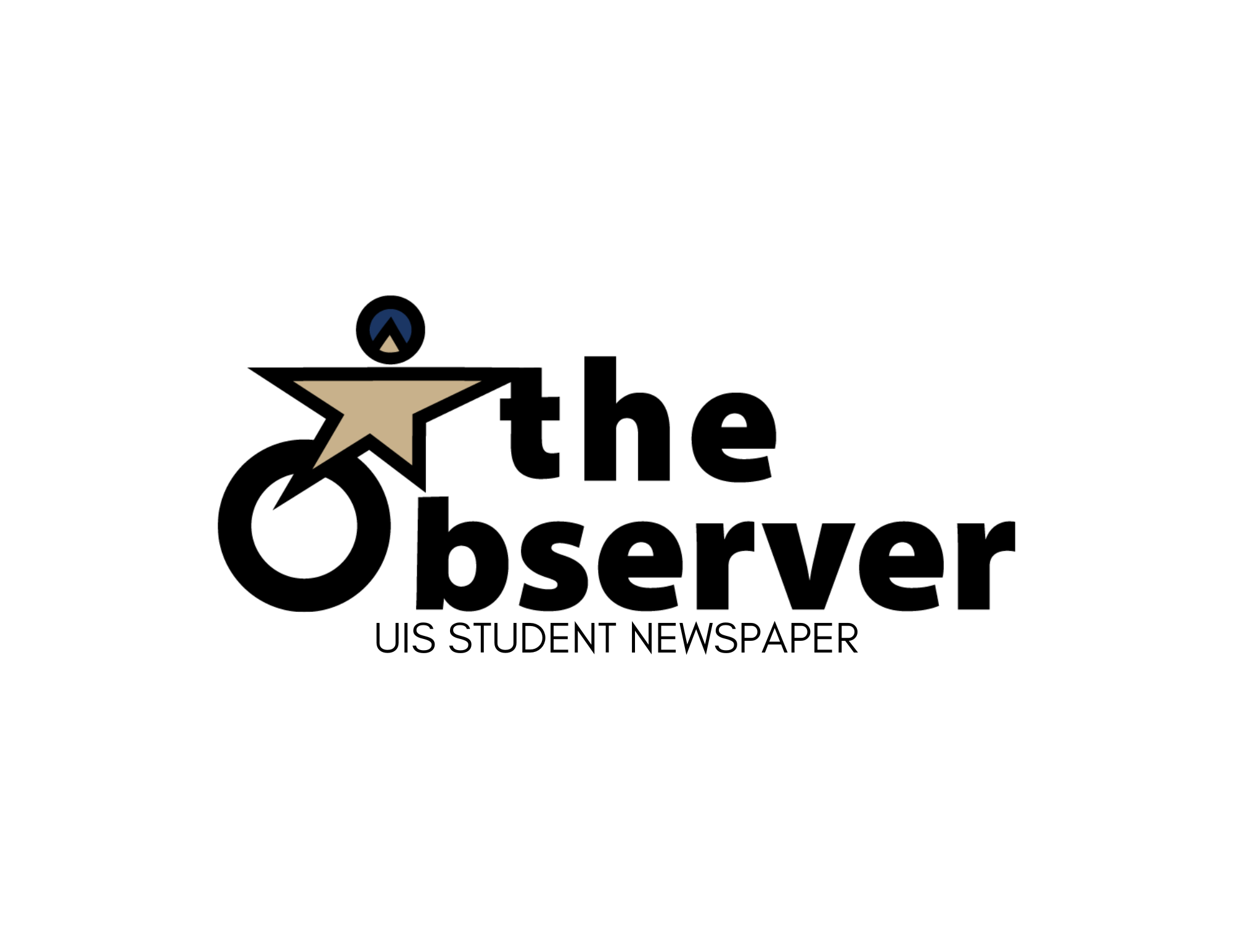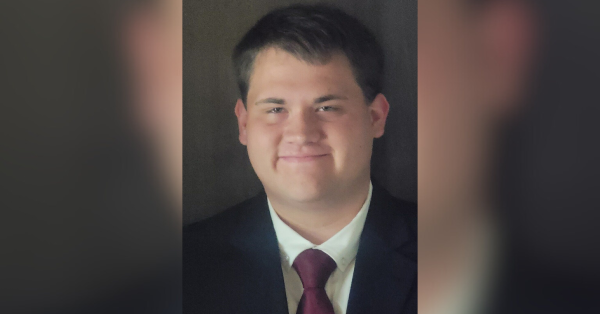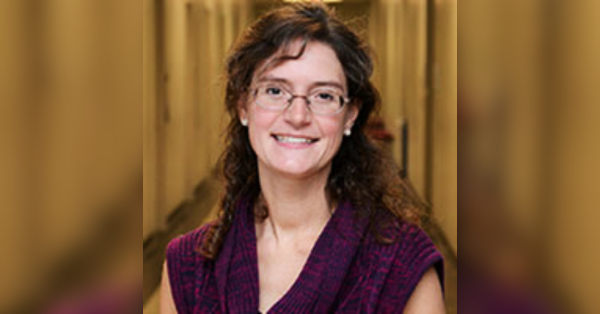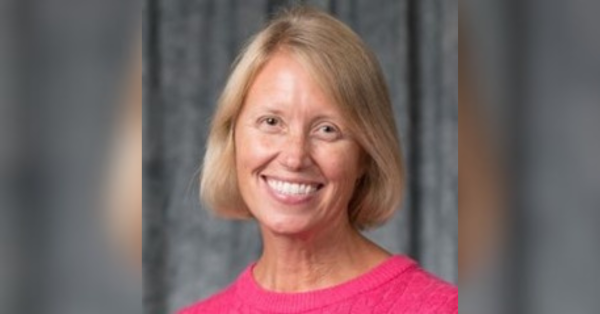Gender-inclusive language: Coming soon?
March 30, 2016
Altering UIS forms to have more gender-inclusive language might not be too far away. But, in order to add a third option for gender identity on all university forms, students, faculty, and staff would have to converse with one another in order to find the best way to do so.
“This is an interesting conversation that is really going on across the country, and I think probably even beyond our own national borders,” said Chancellor Susan Koch.
According to Kerry Poynter, interim director of the Diversity Center, he helped organize a task force within Student Affairs a few years ago that did recommend this change to take place. “The presentation about that report was brought to the Chancellor’s Cabinet two or three years ago, and it was brought to the University Senate by the ROAD Committee of the Campus Senate.”
“All of that has sort of been the catalyst for the various departments and offices trying to make this change,” Poynter stated. “Like I have said, not everybody has done this and not everyone is expected to.”
Poynter reported that there are two places on campus that have altered their forms in order to portray gender-inclusive language: Health Services and the Office of Undergraduate Education.
He also noted that Admissions has plans to change the online application for the 2017 cycle to include a variety of different gender identities.
These different offices “are [making these changes] because they want to, and they think it is the right thing to do,” Poynter stated. Without a set policy in place, no one is telling these individuals that they have to make this change. The only way to make this change throughout the university as a whole would be to have some sort of policy put in place that requires gender-inclusive language use.
But, since there is no policy currently in place, many university forms, such as housing applications and course evaluations, still only give students two options under the gender category.
“My goal is always to provide an environment for all students that allows them to feel comfortable and to have the maximum opportunities for success,” stated Koch. “If we have problems with some of the language then we need to take a good hard look at that and make some changes.”
Koch commented that she is “grateful” that there are individuals such as Poynter at the university “that can really help us understand what the best practice is.”
“I think that if there’s an opportunity there that will allow students to feel more comfortable, then I think that’s something we need to work towards,” Koch added.
In order for such a change to occur, Koch reported that she would first need to become more educated on the topic, and that she “would depend on both students and staff on campus who have expertise in that area.”
“There’s a process for this kind of thing,” she added. “People work on it, they bring it forward, ultimately it ends up at the Chancellor’s Cabinet, and if it’s an example of best practice, then I would absolutely support it.”













